Home>Home Maintenance>How To Deduct Home Repairs On Rental Property
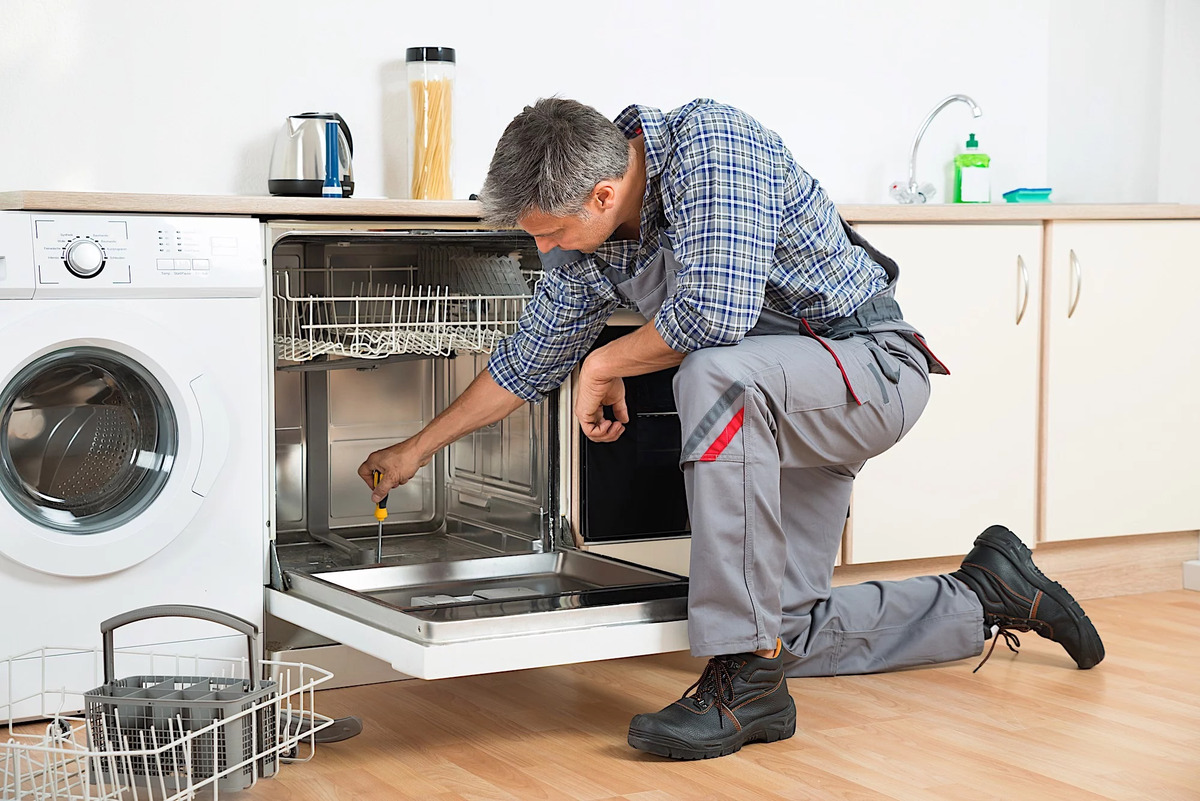

Home Maintenance
How To Deduct Home Repairs On Rental Property
Modified: March 6, 2024
Learn how to deduct home repairs on your rental property with our comprehensive guide. Get expert tips and advice on maximizing deductions for home maintenance expenses.
(Many of the links in this article redirect to a specific reviewed product. Your purchase of these products through affiliate links helps to generate commission for Storables.com, at no extra cost. Learn more)
Introduction
Welcome to the world of home maintenance and repairs! If you own a rental property, it’s important to stay on top of maintenance and keep the property in good condition. The good news is that you can deduct the expenses incurred for home repairs on your rental property, potentially saving you money come tax season. In this article, we will explore the ins and outs of deducting home repairs on rental property, helping you navigate the complex world of tax deductions.
Before we delve into the details, let’s clarify what we mean by “home repairs.” Home repairs refer to any expenses incurred to restore, fix, or maintain your rental property in its original, functioning condition. This can include repairs to electrical systems, plumbing, heating and cooling systems, roofing, flooring, and more.
When it comes to rental properties, these repairs are considered business expenses, and therefore, can be claimed as deductions on your taxes. However, it’s important to understand the eligibility criteria and guidelines for claiming these deductions.
So, if you’re ready to explore the world of deducting home repairs on your rental property, let’s jump right in and discover how you can potentially save money while keeping your property in top shape!
Key Takeaways:
- You can deduct necessary and ordinary home repairs on your rental property, like fixing leaks or repairing electrical systems. Keep detailed records and consult a professional to maximize your deductions.
- Document your repair expenses, accurately report them on your tax return, and avoid common mistakes to ensure you save money and stay compliant with tax regulations. Consulting a professional is highly recommended.
Understanding Rental Property Expenses
As a rental property owner, it’s crucial to be aware of the various expenses that come with maintaining and operating your property. These expenses can be broadly categorized into two types: operating expenses and capital expenses.
Operating expenses are the day-to-day costs involved in running your rental property. This can include property management fees, insurance premiums, utilities, repairs, and maintenance. On the other hand, capital expenses are larger expenditures that aim to improve the property’s value or extend its useful life. Examples of capital expenses include major renovations, additions, or upgrades.
When it comes to deducting home repairs, it falls under the category of operating expenses. These expenses are deductible in the same year they are incurred, meaning you can deduct the full amount from your taxable rental income for that year.
However, it’s important to note that not all rental property expenses are tax deductible. For an expense to qualify as a deduction, it must meet certain criteria set by the Internal Revenue Service (IRS).
Next, let’s explore what makes a home repair expense eligible for deduction on your rental property.
Eligibility for Deducting Home Repairs
When it comes to deducting home repair expenses on your rental property, there are a few key factors to consider to determine if the expense is eligible for deduction:
- Necessary and Ordinary: To be eligible for a deduction, the home repair expense must be considered necessary and ordinary. This means that the repair is required to maintain the property’s value, habitability, or functionality. Examples of necessary and ordinary repairs can include fixing a leaky roof, repairing plumbing issues, or replacing a broken heating system.
- Rental Property Use: The home repair expenses must be related to the rental property you own. Personal home repairs or improvements are not eligible for deductions. The repairs must be made specifically for the purpose of maintaining or improving the rental property.
- Improvement versus Repair: It’s important to distinguish between repairs and improvements. Repairs are deductible expenses, while improvements are considered capital expenses and may need to be depreciated over time. Repairs essentially restore the property to its original condition, while improvements enhance the value or extend the property’s useful life. For example, fixing a leaky faucet is a repair, while installing a brand-new bathroom would be considered an improvement.
- Timing: Home repair expenses must be incurred in the same tax year you are claiming the deduction. It’s important to keep track of the dates and receipts of your repair expenses to ensure accurate reporting on your tax return.
It’s worth noting that if the repair expense is deemed more substantial and qualifies as a capital expense, it may need to be treated differently and potentially depreciated over several years. Consulting with a tax professional or accountant can help you navigate any complex situations regarding classification and deduction eligibility.
Now that we’ve established the eligibility criteria for deducting home repairs, let’s explore the types of home repairs that qualify for deductions.
Types of Home Repairs that Qualify for Deduction
When it comes to deducting home repairs on your rental property, several types of expenses may qualify for a deduction. Here are some common examples:
- Plumbing Repairs: Expenses related to fixing leaks, repairing broken pipes, or replacing plumbing fixtures in your rental property can generally be deducted as necessary and ordinary home repairs.
- Electrical Repairs: Repairing faulty wiring, replacing light fixtures, or fixing electrical outlets are typically eligible for deduction, as they are considered necessary for maintaining a safe and functional rental property.
- Roofing Repairs: Costs associated with repairing or replacing a damaged roof can be deducted, as long as the work aims to maintain the property’s integrity and protect it from further damage.
- Heating and Cooling Repairs: Repairing or replacing a malfunctioning furnace, air conditioner, or other heating/cooling systems can usually be deducted as necessary expenses to ensure a habitable living environment for tenants.
- Painting and Patching: Expenses related to painting the interior or exterior of your rental property or patching up damaged walls can typically be deducted. However, if the painting is done to enhance the property’s value or is considered an improvement, it may not qualify as a deduction.
- Flooring Repairs: Fixing broken tiles, replacing damaged carpets, or repairing hardwood flooring are generally considered home repairs that qualify for deduction, as they aim to maintain the property’s value and functionality.
- Appliance Repairs: Costs associated with repairing or maintaining appliances in your rental property, such as refrigerators, stoves, or washers, can generally be deducted as necessary expenses to keep the property in a rentable condition.
It’s important to note that this is not an exhaustive list of eligible expenses. The deductibility of home repairs may vary depending on the specific circumstances and tax regulations in your jurisdiction. Keeping detailed records and consulting with a tax professional or accountant can help ensure accurate reporting and maximize your deductions.
Now that we’ve covered the types of home repairs that may qualify for deduction, let’s move on to the importance of documenting your home repair expenses.
Documenting Home Repair Expenses
When it comes to deducting home repair expenses on your rental property, documentation is key. Accurate and organized records will not only help you identify eligible expenses but also provide evidence in the event of an audit. Here are some tips for effectively documenting your home repair expenses:
- Keep Detailed Receipts: Whenever you incur a home repair expense, make sure to obtain a detailed receipt that includes the date, vendor name, description of the service or materials, and the amount paid. Store these receipts in a safe and organized manner, either physically or digitally.
- Categorize Expenses: Create a system for categorizing your home repair expenses. This can be as simple as creating folders or labels for different types of repairs, making it easier to locate specific receipts when needed.
- Track Dates and Descriptions: In addition to receipts, keep a record of the dates and descriptions of each repair. This will help provide a clear timeline of when the repairs were made and what work was done.
- Maintain a Home Repair Log: Consider keeping a log or spreadsheet to track all the home repair expenses incurred throughout the year. Include details such as the property address, description of the repair, expense amount, and the vendor or contractor involved. This log will not only assist in organizing your records but also serve as a handy reference for future reporting.
- Separate Personal and Rental Expenses: If you also use your rental property for personal purposes, it’s important to clearly separate personal home repairs from rental property repairs. This can be done by maintaining separate bank accounts or credit cards for each and ensuring that repair expenses are charged to the appropriate account.
By diligently documenting your home repair expenses, you will have the necessary evidence to support your deductions and minimize any potential issues during tax season or an audit. Remember, accurate records are essential, so take the time to establish a solid system and keep your documentation up to date.
Now that you know how to document your home repair expenses, let’s move on to understanding how to calculate the deduction for these repairs.
Keep detailed records of all home repairs on your rental property, including receipts and invoices. You can deduct these expenses from your rental income on your tax return, reducing your overall tax liability.
Calculating the Deduction for Home Repairs
Calculating the deduction for home repairs on your rental property requires attention to detail and accurate record-keeping. Here are some essential steps to help you calculate the deduction effectively:
- Identify Eligible Repair Expenses: Review your documentation and identify all eligible home repair expenses that meet the necessary and ordinary criteria. Exclude any expenses that may be considered improvements or capital expenditures.
- Separate Labor and Material Costs: Some of your home repair expenses may include both the cost of labor and the cost of materials. It’s important to separate these amounts when calculating the deduction. Labor costs are generally deductible, while material costs may be considered part of the property’s basis and could be recovered through depreciation.
- Prorate Expenses if Applicable: In some cases, a home repair expense may be specific to a particular unit or area of your rental property. If that’s the case, you will need to prorate the expense based on the square footage or percentage of space affected. This ensures that you only deduct the portion of the expense that relates to the rental activity.
- Calculate the Total Deductible Amount: Once you have identified the eligible repair expenses and separated any applicable costs, add them up to determine the total amount you can deduct on your tax return. This will help reduce your taxable rental income for the year.
It’s important to note that calculating the deduction for home repairs can be complex, especially if you have multiple properties or a combination of repair and improvement expenses. In such cases, consulting with a tax professional or accountant can provide valuable guidance and ensure accurate calculations.
Remember to keep accurate records and retain your documentation for the required period, typically three years, in case of any future inquiries or audits by tax authorities.
Now that you know how to calculate the deduction for home repairs, let’s move on to understanding how to report these deductions on your tax return.
Reporting Home Repair Deductions on Tax Returns
Reporting home repair deductions on your tax return involves accurately completing the appropriate forms and providing the necessary information. Here’s what you need to know:
- Schedule E – Supplemental Income and Loss: As a rental property owner, you will likely report your rental income and expenses on Schedule E of your tax return. This form allows you to report your rental income, deduct eligible expenses, and calculate your net rental income or loss.
- Line 14 – Repairs and Maintenance: On Schedule E, you will find Line 14 specifically designated for reporting repairs and maintenance expenses. Enter the total amount of eligible repair expenses on this line.
- Maintain Detailed Records: It’s critical to have accurate and detailed records of your repair expenses, as you may be required to provide supporting documentation in case of an audit. Keep your receipts, invoices, and any other relevant records with your tax documentation.
- Separate Repairs from Improvements: It’s important to differentiate between repairs and improvements when reporting home repair deductions. Improvements are typically capitalized and depreciated over time, while repairs are deductible. Be sure to accurately categorize your expenses to ensure compliance with tax regulations.
- Documentation Retention: Keep your records for a minimum of three years after filing your tax return. The IRS may request to review your documentation during this period, so it’s crucial to maintain organized records for easy access.
When it comes to reporting home repair deductions, accuracy, proper classification, and complete documentation are key. It’s important to consult with a tax professional or accountant to ensure you are reporting these deductions correctly and taking advantage of all eligible deductions.
By following these guidelines and reporting your home repair deductions accurately, you can potentially reduce your taxable rental income and save money come tax season.
Now that we’ve covered reporting home repair deductions, let’s move on to some common mistakes to avoid.
Common Mistakes to Avoid
When it comes to deducting home repairs on your rental property, it’s essential to avoid common mistakes that could lead to improper deductions or potential issues with the IRS. Here are some common mistakes to watch out for:
- Confusing Repairs with Improvements: It’s important to properly differentiate between repairs and improvements. Repairs are deductible expenses, while improvements may need to be capitalized and depreciated over time. Make sure you accurately classify your expenses to ensure compliance with tax regulations.
- Mixing Personal and Rental Expenses: Keep your personal expenses separate from your rental property expenses. Do not deduct repairs made to your personal residence or any other non-rental property. Make sure you only claim deductions for repairs directly related to your rental property.
- Insufficient Documentation: Accurate and detailed documentation is crucial when deducting home repairs. Keep all receipts, invoices, and records related to your repair expenses. Without proper documentation, you may not be able to prove your deductions if audited by the IRS.
- Missing Eligible Expenses: Ensure you are aware of all eligible repair expenses that qualify for deduction. Familiarize yourself with the IRS guidelines and consult with a tax professional to ensure you don’t miss out on any deductible expenses.
- Not Prorating Expenses: If a repair expense is only applicable to a specific unit or area of your rental property, it’s important to prorate the expense based on the square footage or percentage of space affected. Failing to prorate expenses can lead to overstating your deductions.
- Incorrectly Reporting on Tax Forms: Take the time to accurately report your repair deductions on the appropriate tax forms. Incorrectly reporting your deductions can result in errors on your tax return and potential scrutiny from the IRS.
Avoiding these common mistakes and following proper procedures will help ensure accurate deductions and compliance with tax regulations. Remember, consulting with a tax professional or accountant is always beneficial to navigate the complexities of rental property deductions.
Now that we’ve covered the common mistakes to avoid, let’s conclude our discussion on deducting home repairs on rental property.
Conclusion
Deducting home repairs on your rental property can provide valuable tax savings while ensuring your property remains in good condition. By understanding the eligibility criteria, documenting expenses accurately, and reporting deductions appropriately on your tax return, you can take advantage of the tax benefits available to rental property owners.
Remember that necessary and ordinary repairs directly related to your rental property are generally eligible for deductions. By keeping detailed records, separating personal and rental expenses, and properly categorizing repairs versus improvements, you can maximize your deductions and avoid potential pitfalls.
However, it’s important to note that tax laws and regulations may vary, so consulting with a tax professional or accountant is highly recommended. They can provide personalized guidance based on your specific circumstances, help you navigate complex tax codes, and ensure you are in compliance with all applicable laws.
So, as a responsible rental property owner, maintain accurate records, keep track of your repair expenses, and stay informed about relevant tax regulations. By doing so, you can deduct eligible home repairs, minimize your taxable rental income, and make the most of your property investment.
Remember, the information provided in this article is for informational purposes only and should not be considered legal or financial advice. Always consult with a qualified professional before making any decisions or taking any actions related to your rental property and tax deductions.
Thank you for reading, and here’s to a successful and tax-efficient rental property ownership journey!
Frequently Asked Questions about How To Deduct Home Repairs On Rental Property
Was this page helpful?
At Storables.com, we guarantee accurate and reliable information. Our content, validated by Expert Board Contributors, is crafted following stringent Editorial Policies. We're committed to providing you with well-researched, expert-backed insights for all your informational needs.

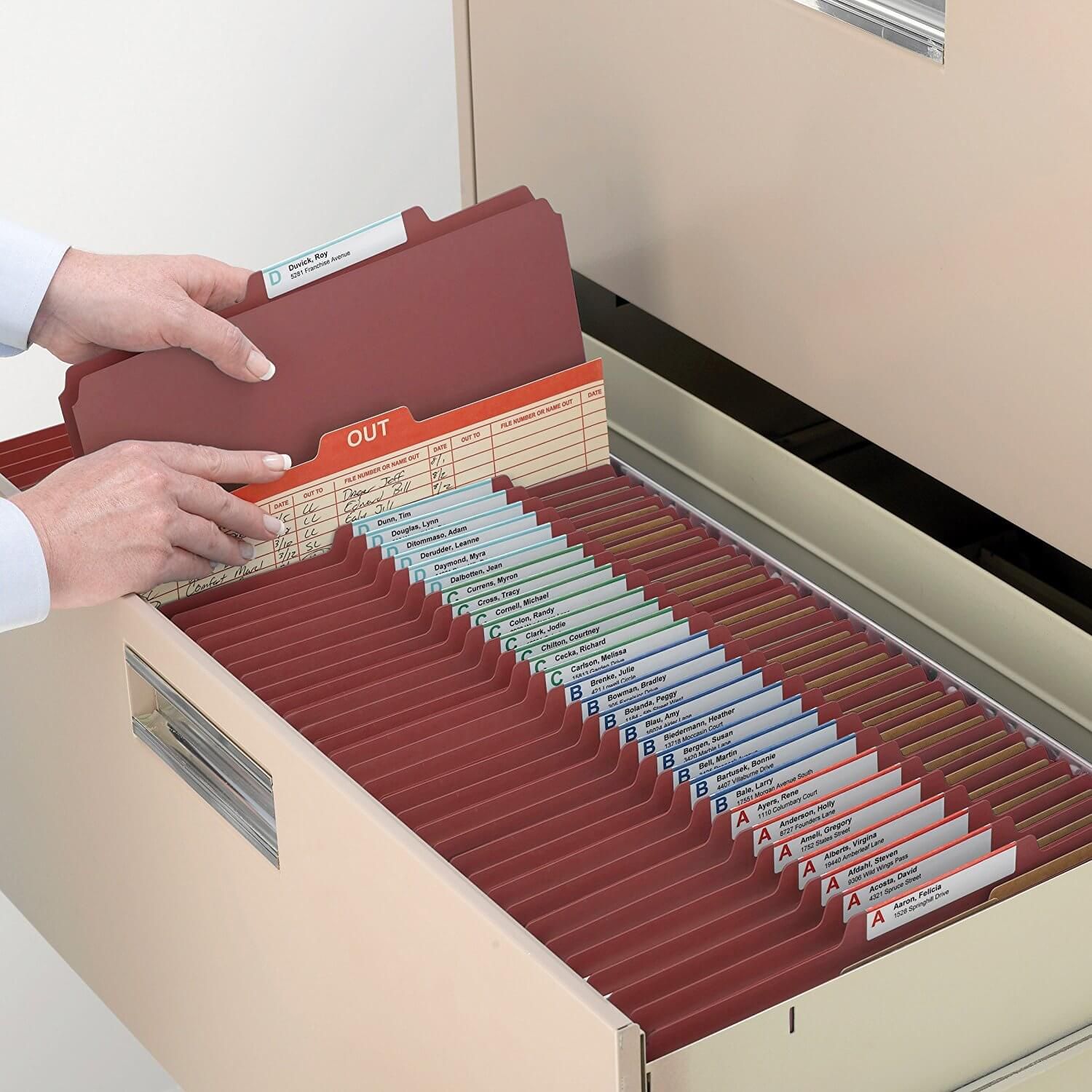

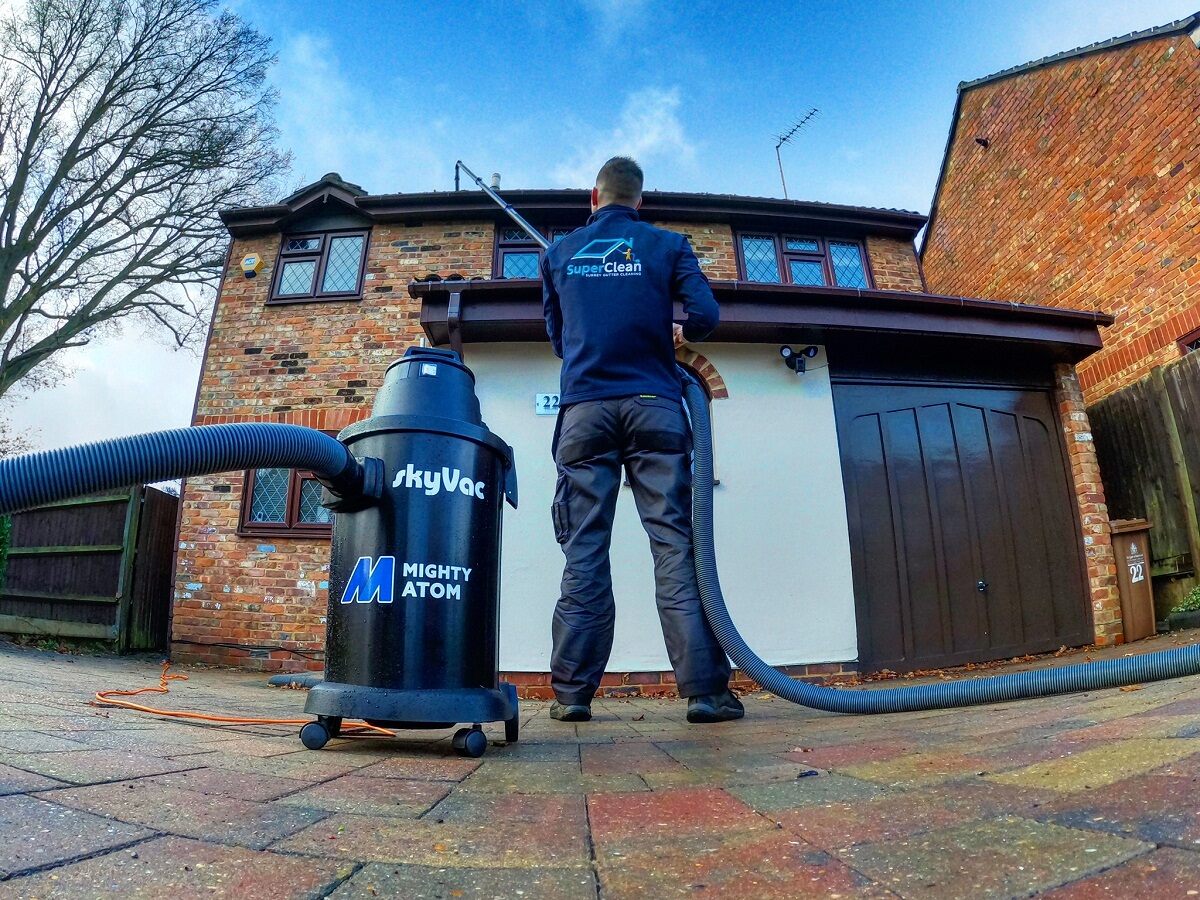
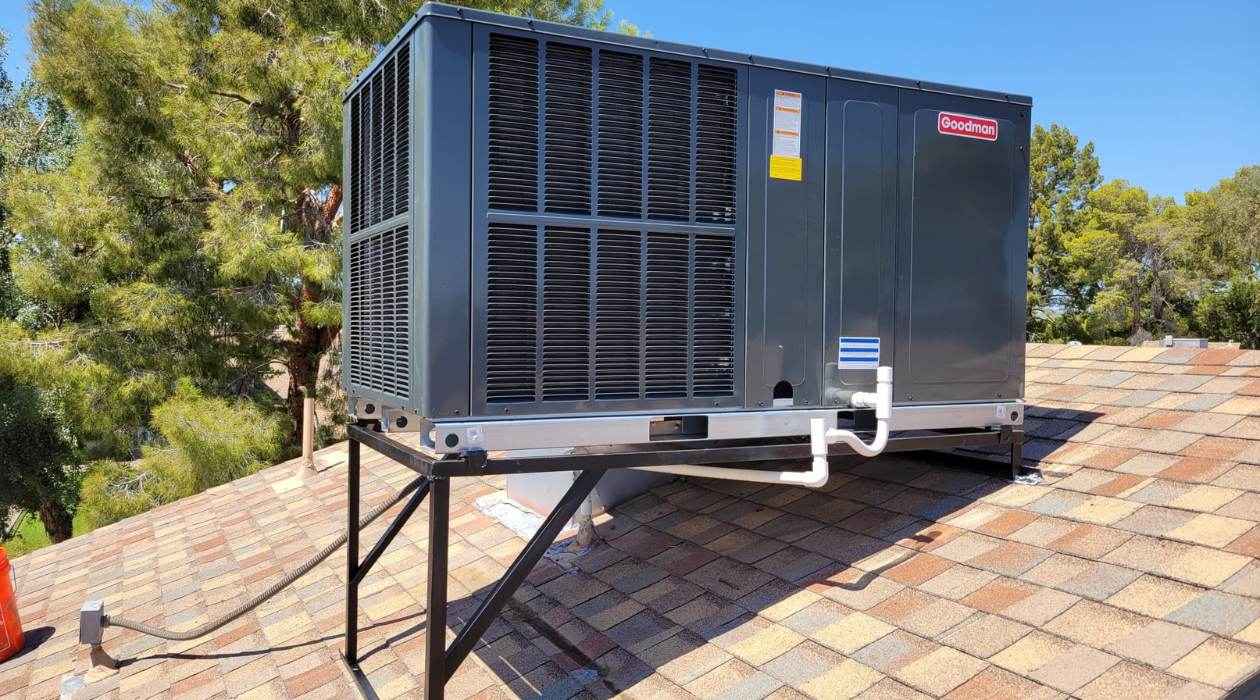

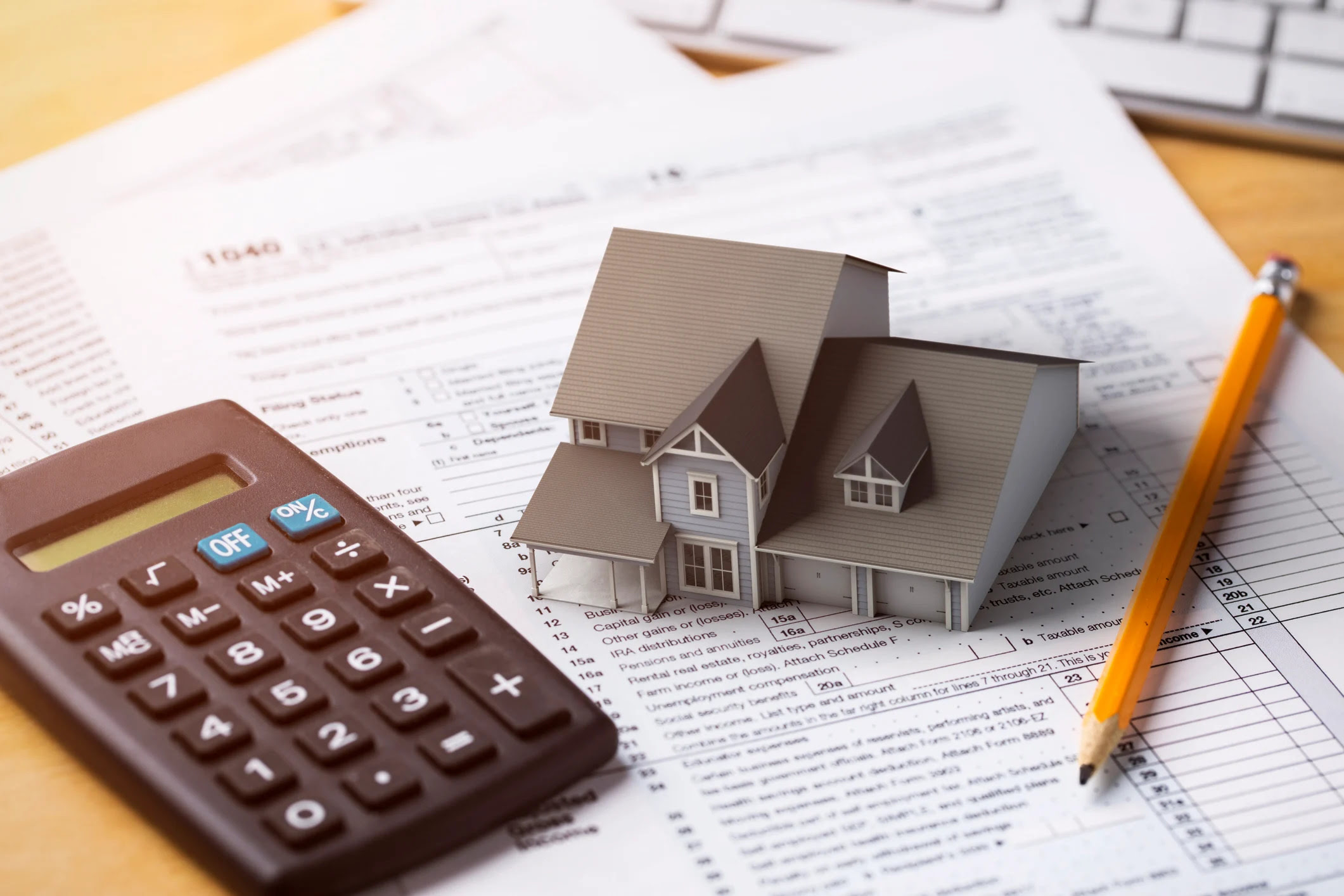
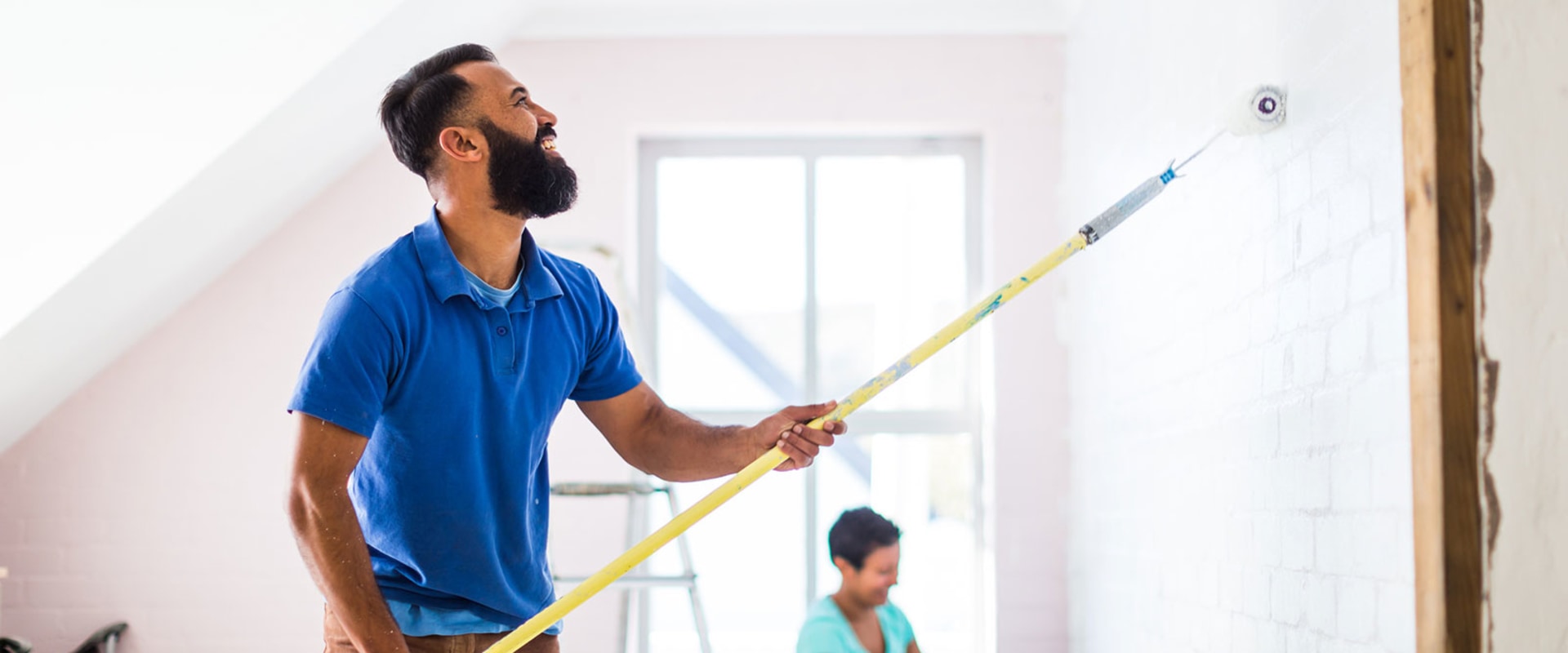

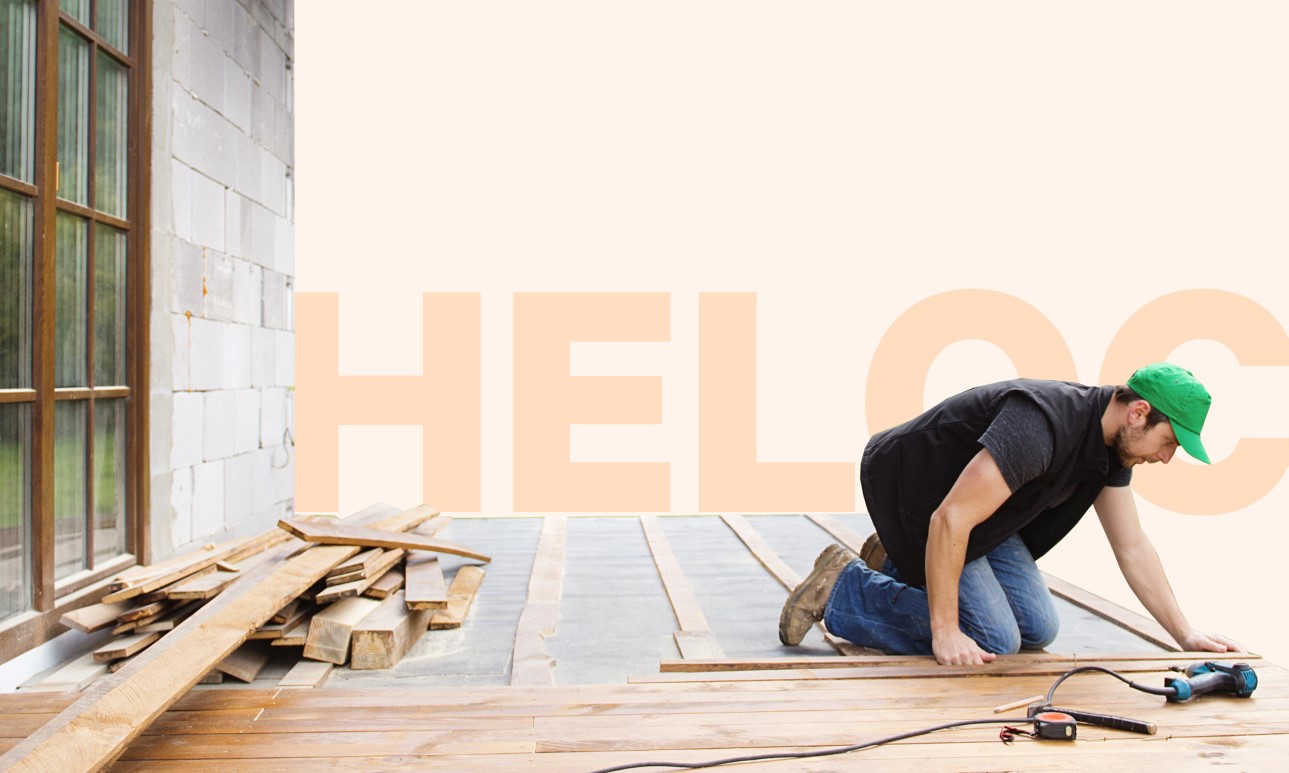

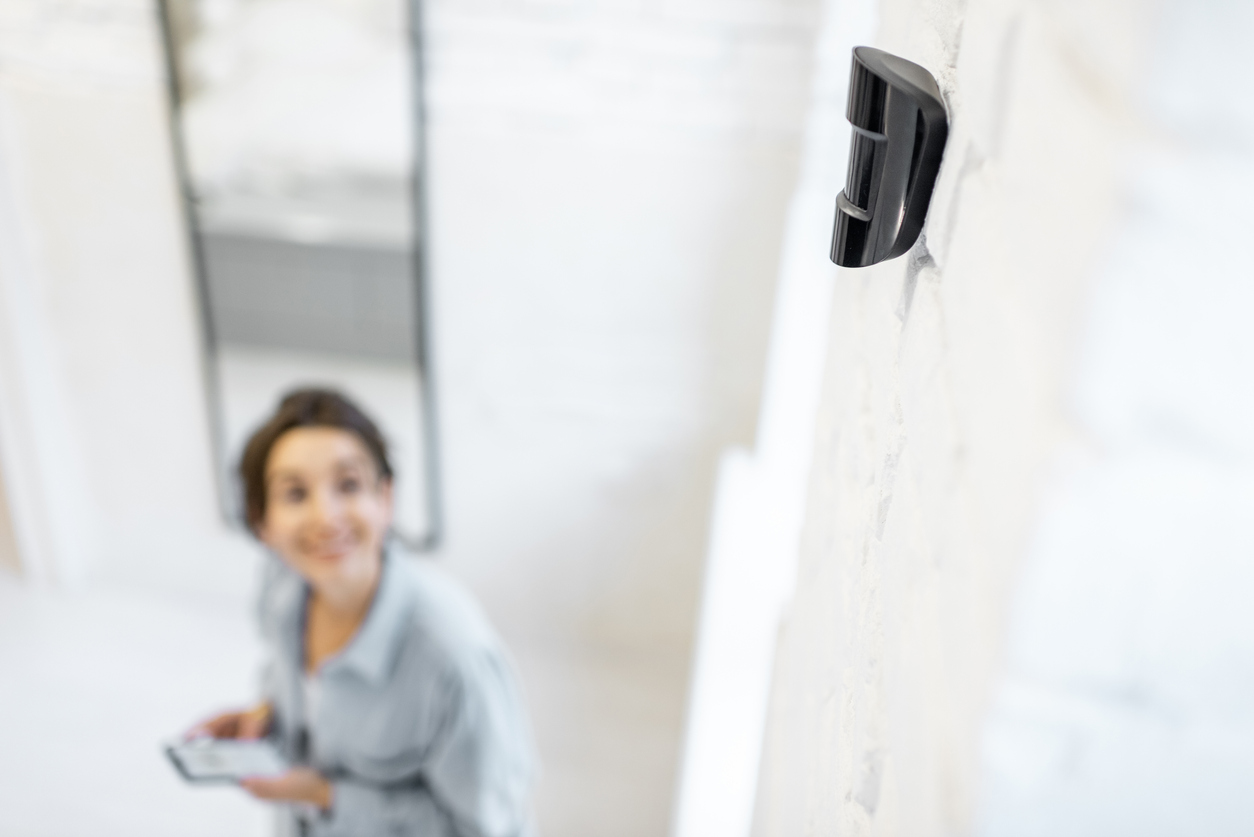



0 thoughts on “How To Deduct Home Repairs On Rental Property”